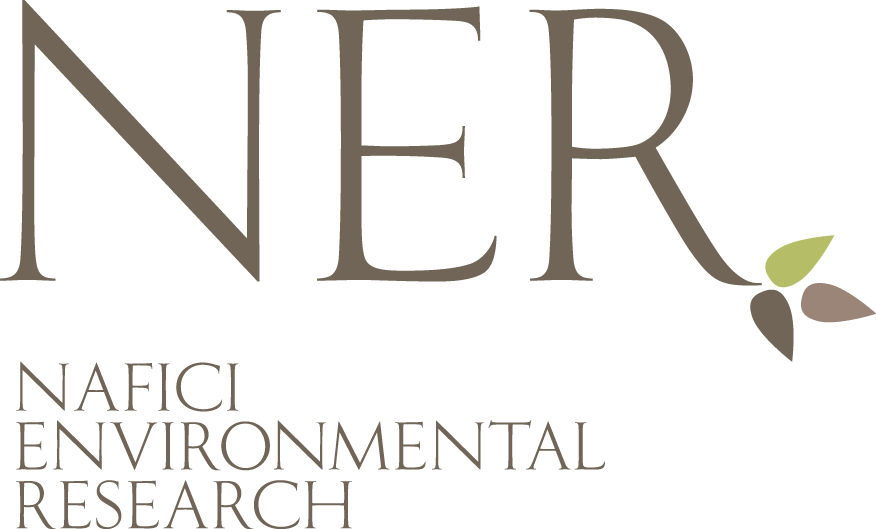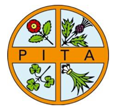This innovative concept not only reduces wastes, energy use and carbon emissions, but it also adds a significant new income stream to farm businesses which can sell the straw even when wet (top bales).
EcoPulping is a perfect example of a circular economy. Its benefits meet a number of the United Nations’ Sustainable Development Goals (SDGs) including SDG 3, 6, 8, 9, 11, 13, 14 1nd 15.
![]()
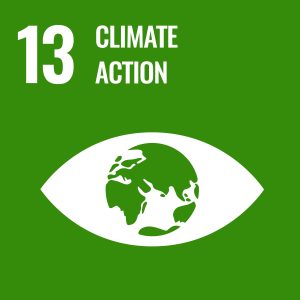
Hundreds of millions of tonnes of wheat straw or other agricultural residues are burnt or left to rot in many countries every year, emitting to air greenhouse gases (GHG): NER’s use of agri-wastes is helping reduce GHG emissions to air.
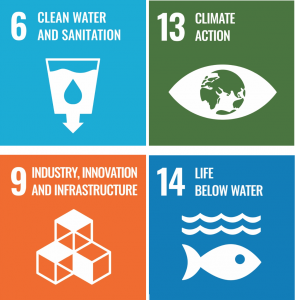
EcoPulping uses up to 50% less energy than traditional pulping (lower temperatures and no pressure), it consumes far less water and produces no effluents except a valuable by-product used as fertilizer / soil conditioner. The process has therefore no wastes nor odour generated by our plants.
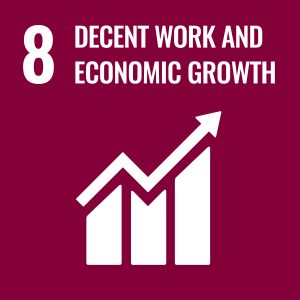
EcoPulping helps farming communities by using their unusable agri-wastes which creates a new income and improves their soil when using the EcoPulping by-products as soil conditioner or fertiliser.
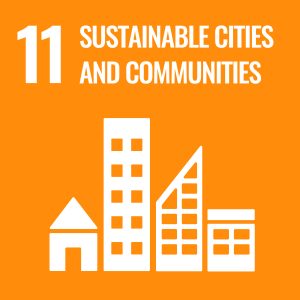
Most industrial applications using agri-wastes require them to be dry. Agricultural wastes that are usually rejected due to their high moisture content can be used by EcoPulping where these come at a lower cost – even better, the raw material can be stored outside.
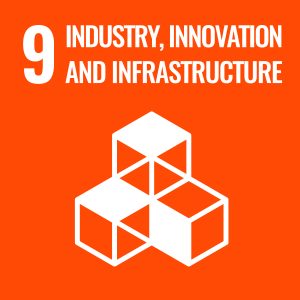
When existing paper or packaging materials are recycled, the fibres – which give the products their strength – are weakened. When adding EcoPulp to the recycled material, the strength of the end-product substantially improves.
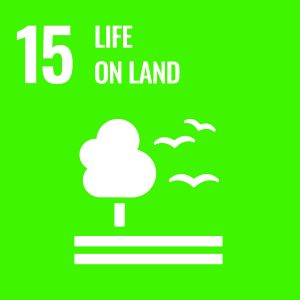
EcoPulping means avoiding tree felling as agricultural wastes are an excellent alternative to wood pulp for paper and packaging products.
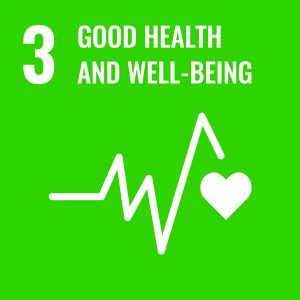
Packaging products made from EcoPulp can be placed in direct contact with food (unlike recycled product which contains toxins and has to be lined – usually with plastic).
